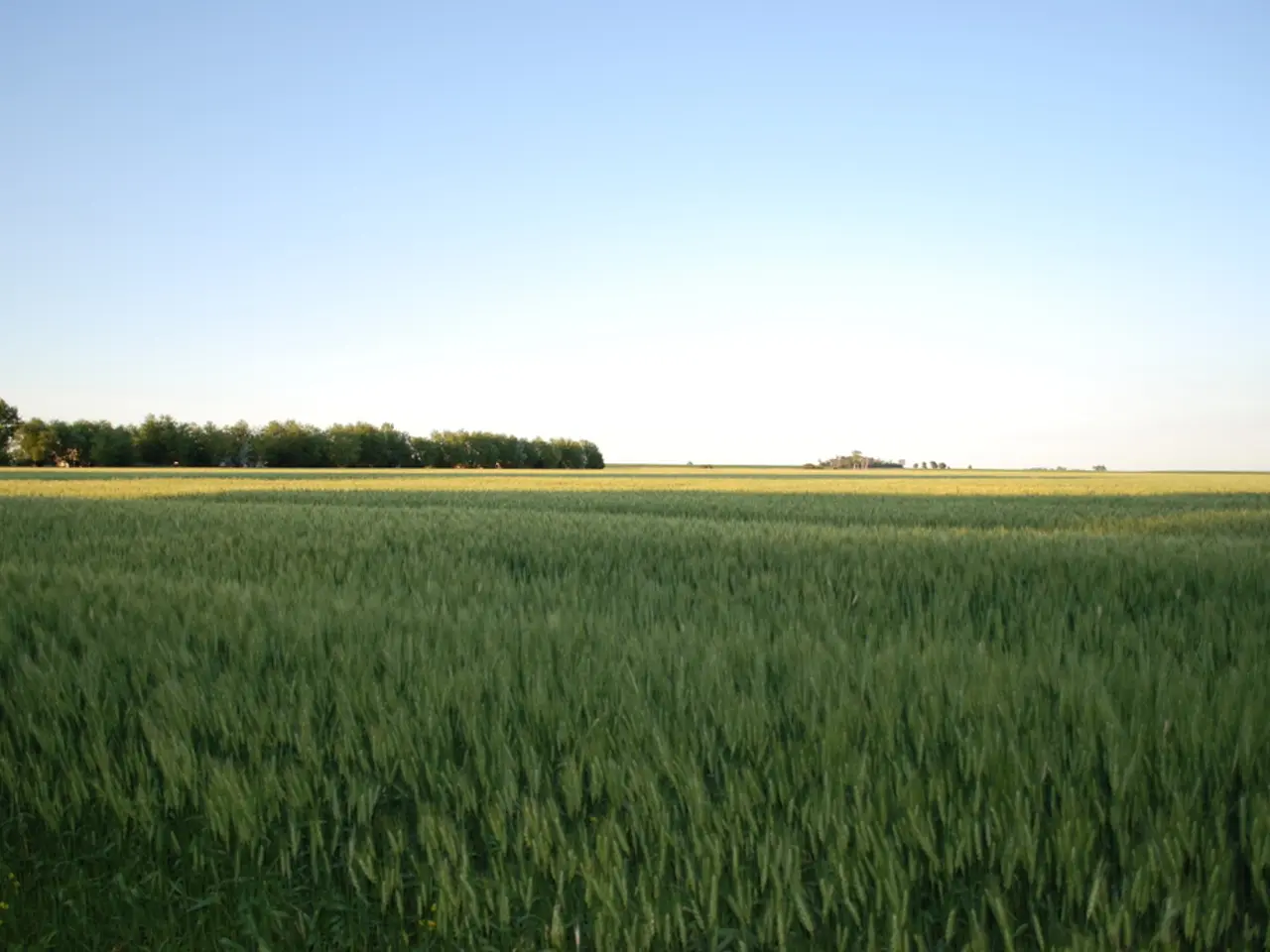Ireland Sinks to Lowest Point, Cowen Steps Down Following Third Crash
In the annals of Irish history, the events of November 2010 and the general election in 2011 stand out as significant turning points. These events marked a profound reshaping of Irish society and politics, largely triggered by the severe economic crisis and political fallout during Brian Cowen’s tenure as Taoiseach and leader of Fianna Fáil.
Brian Cowen assumed the role of Taoiseach and Fianna Fáil leader in May 2008, just as the Irish financial and banking crises were unfolding. His government struggled to manage the economic collapse, culminating in Ireland formally requesting financial aid from the European Union and International Monetary Fund. This bailout, seen as a national humiliation, and the required austerity measures deeply eroded public support for Fianna Fáil. Cowen’s approval ratings plummeted to historic lows, with polls showing as low as 8 percent approval[1][2].
Despite attempts to reshuffle the cabinet and regain public trust, Cowen faced intense criticism and accusations of mishandling the crisis and of ethical impropriety. Micheal Martin, then Foreign Affairs Minister and initially a Cowen supporter, challenged Cowen’s leadership due to fears the party's survival was threatened by the austerity backlash. After surviving a leadership vote in January 2011, Cowen resigned as Fianna Fáil leader but remained Taoiseach temporarily. He then stepped aside to allow for early general elections in 2011[2][4].
The 2011 general election resulted in a significant collapse of Fianna Fáil’s electoral support, marking a profound reshaping of Irish politics. This period ended Fianna Fáil’s long dominance and saw the rise of other parties as voters reacted strongly against the government that had overseen the economic downfall. The combination of the global financial crisis impact in Ireland, Cowen’s leadership failures during the bailout, and the public backlash against austerity measures were key events leading to this political transformation[1][2][4].
The writing was on the wall for Cowen and Fianna Fáil well before the 2011 election. A notable turning point came in late 2010 when Cowen appeared on Morning Ireland. Many in the country and within his party gave up on him following this interview[3]. The worsening fiscal situation in the country had long-lasting effects on Irish society and politics, leading to one of the lowest moments in Ireland's modern history[5]. The end of Cowen’s government was a notable event in Irish political history, marking the conclusion of a period of decline and eventual conclusion[6].
In summary, Brian Cowen and Fianna Fáil played central roles in this reshaping through their association with the economic crisis management failure, leading to a historic loss of political support in the 2011 election. The events of November 2010 and the general election in 2011 had lasting effects on Irish society and politics, reshaping the landscape and paving the way for a new era in Irish politics.
[1] O'Toole, F. (2011). The Cowen Government: An Oral History. Irish Academic Press. [2] O'Malley, K., & O'Connell, M. (2013). The Crisis State: Ireland's Untold Story. Gill & Macmillan. [3] O'Toole, F. (2011). 'Morning Ireland interview with Brian Cowen'. RTÉ Radio 1. [4] O'Regan, J. (2011). 'Fianna Fáil's election defeat: the end of an era'. The Irish Times. [5] Kavanagh, D. (2011). 'The bailout and beyond: Ireland's economic future'. Oxford University Press. [6] O'Connell, M. (2011). 'The end of an era: Fianna Fáil's fall from power'. The Irish Times.
- The events of November 2010 and the general election in 2011 were significant turning points in Irish history, as they marked a profound reshaping of Irish politics, largely triggered by the worsening fiscal situation, Cowen's leadership failures during the economic crisis, and the public backlash against austerity measures.
- The association of Brian Cowen and Fianna Fáil with the failure to manage the economic crisis played a central role in the historic loss of political support they experienced in the 2011 general election, leading to a reshaping of the Irish political landscape and ushering in a new era.








